"What am I doing here?" whispers Jenny Hval on the last track of her recently released EP, The Long Sleep, a four-song project that, despite running at a short 23 minutes, feels like being teleported somewhere else for an indefinite amount of time. Where that teleportation leads to is ambiguous; at times it feels like swimming in a floating ocean, at others it feels like being in someone else's dream that we've been given access to. There is a definite implicitness to something otherworldly and transcendental, and even though it might feel like we are a part of Jenny's dream, maybe, somehow, it's actually Jenny who made her way into ours.
Related | Meet the Queer Music Fanatic Who Became the Editor of Billboard Pride
The Long Sleep marks the Norwegian multi-disciplinary's first EP, which starts out with the song "Spells" and ends with the aforementioned intimate meditation, "I Want to Tell You Something." But throughout the length of the album, the lines between where one song ends and another one begins are blurred -- a sort of happy accident that Hval welcomed, realizing that "the song kept turning up in other things I wrote, as if I was still writing it. I was slowing it down, chewing on it, spitting it back up ... so it became the EP."
On the heels of The Long Sleep's release and ahead of the publication of Hval's novel Paradise Rot (her third written, but first published), we talked to the artist to discuss her many different ventures, and what a perfect day looks like to her.
OUT: Your amalgamation of sounds, concepts, and references really stand out in a new way in this EP. What was the driving force behind this project and what did you learn while making it?
Jenny Hval: The driving force was definitely the act of composing itself. Composing the EP started with me and Lasse (my co-producer at the time, based in the far north of Norway) wanting to produce a single, independent from all bigger projects. Then my manager suggested that an EP was a nice in-between release if I didn't want to start working on an album so soon after releasing two albums back to back. So I wrote "Spells" as a response to those very practical conversations, and because of the practical nature of those conversations, I wrote freely. Then the song kept turning up in other things I wrote, as if I was still writing it. I was slowing it down, chewing on it, spitting it back up ... so it became the EP.
I was also reading Liz Pelly's amazing articles on music platforms and Spotify algorithms at the time, so I think that made me want to write lyrics that addressed a streaming listener directly. Give the streaming listener a kind of declaration of direct contact, even when nothing is stored.
I want to talk about the "Spells" music video, since the song could be said to thread the EP. It is a very unnerving visual, decadent and also disturbing in a beautiful way. What are you trying to say with the song and with its visual pairing?
I'm not trying to say anything special, beyond trying to address a listener (or dancer on a dance floor) directly and maybe discuss - through melody and rhythm or some element I don't know how to describe -- some ideas of movement, time, life, sleep, and death. Maybe discuss the relationship between moving to, being moved by, and making music.
The music video is entirely the world of Constance Tenvik, who directed the video and also created the visual universe around it. I can't really say much about its themes independently of her, but you should ask her*. When I wrote the EP, I was working with Constance on her own project, a film and a small performance for the opening of her exhibition. In that sense, I think even the colours and twists and turns of "Spells" relate to her in a way. Maybe especially the disco ball image. For the video itself, all I did was show up, admire her work and her incredible imagination.
*Per Jenny's suggestion, we reached out to Constance Tenvik to hear about the video and their collaboration. Here's what she had to say:
I wanted the action to move with the music and to follow the images that popped into my head while I was listening to the song. Sometimes dreamy, sometimes strict, and I wanted it to have this feeling of moving through different worlds, opening doors to new situations. I kept imagining Jenny as this detective, carrying a suitcase around, sometimes feeling double. Until she enters a more social space and you realize that the special suitcase is filled with marshmallows and it all turns into a pajama party. But it gets a little melancholic at the end there when Jenny becomes sort of a disco ball by draping herself in silver sequin and spins around until everyone has left...
I love Jenny's work. I've been a fan of her music ever since I was a teenager. Last summer we met at a dinner in celebration of and with Chris Kraus, who we are both a fan of. Jenny became a large part of my exhibition Soft Armour last year... This year I've drawn the cover of her EP and directed her music video, we did a photo shoot in my apartment for the promo pictures too. We both share love for literature and stock sounds. Jenny is an uncompromising, curious and brilliant artist. I'm so glad we've gotten to work together.
Jenny, you're releasing your first novel, Paradise Rot, this year. Does the book get its inspiration from personal anecdotes?
Everything is inspired from personal stuff, isn't it? I find it hard to even understand what my own work is inspired by half the time. The book, which was my first book to be published (I've written three in total), was written long ago and published in Norwegian in 2009, so I guess it takes some settings and narrative key points from my early twenties' experiences - going to university, sharing apartments with strangers, learning about and absorbing sexuality. What inspired me to write it was probably more closely connected to my personal experiences with literature and feminist theory.
What were the biggest challenges you faced writing a novel? Was the process different from your other writing work?
Since I wrote this book so long ago, and actually began writing it before I'd ever written an album, I have to answer this question a bit differently ... it's not so tied to my work and my thoughts right now. But I remember that the book was tough for me to write. I had written parts of it in English already in 2005, so it was tied quite strongly to the music and lyrics I was writing early on. Having to rewrite those English parts to Norwegian, and make a novel out of a piece of text that was, in my head, strongly tied to music, and to other pieces of literature (both theory and fiction) was a strange and difficult experience.
I think at the time it was much easier to link my music and my lyrics to literature than it was to transform my thoughts and my own words to a form of literature that I was confident about. Composing music and melodies and soundscapes is really happy, light work -- there is hardly anything dark at all coming into play. The energy just flows like an endless beat. I don't think I managed to get into this kind of flow with Paradise Rot, but I really tried and I really wanted to. The wanting and the struggle is really present in the novel. There is a lot of longing in there. Perhaps that is the most personal element in the book, more than it being inspired by an apartment I've lived in or situations I've been in, what you could call anecdotal.

Blood Bitch was received to much acclaim. Did you feel that praise as pressure when creating this EP?
No, it felt oddly freeing. Perhaps because I got so stuck with other projects I was working on. The EP was joyful procrastination.
Lost Girls is a project with Havard Volden, who you already create with. Why the need to separate this collaboration into an alternate project? How did that separation inform the work?
It didn't for me, because we composed and produced those pieces before we had ever thought of creating another duo project or release. But the music made itself separate from other things we put out separately, so I guess the two pieces on the Feeling EP showed the way.
What is something you can't stop thinking about recently?
Magic.
If you could have anything you wanted, what would that be?
The cloak of invisibility.
What is the best advice you've ever received?
Fail better.
What is your earliest childhood memory?
I think most of my earliest "memories" are fake, they are just things I think I remember because I've seen pictures of them. But I remember something there isn't a picture of, thankfully -- a kindergarten initiation ritual when I was 3 or 4 in which I had to pull my pants down in front of another girl. I remember feeling very embarrassed about it. It might have been a dream.
Describe your perfect day.
I'm glad I spent it with you.
Photography: Jenny Berger Myhre
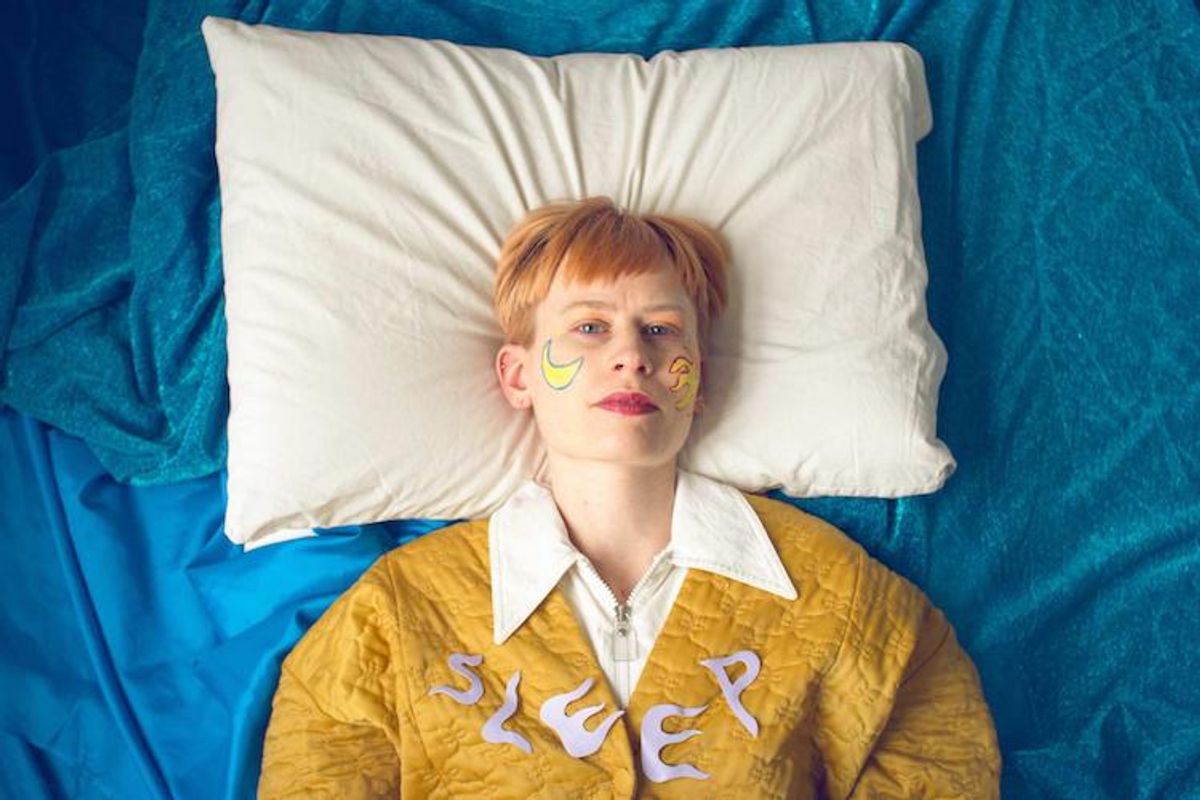



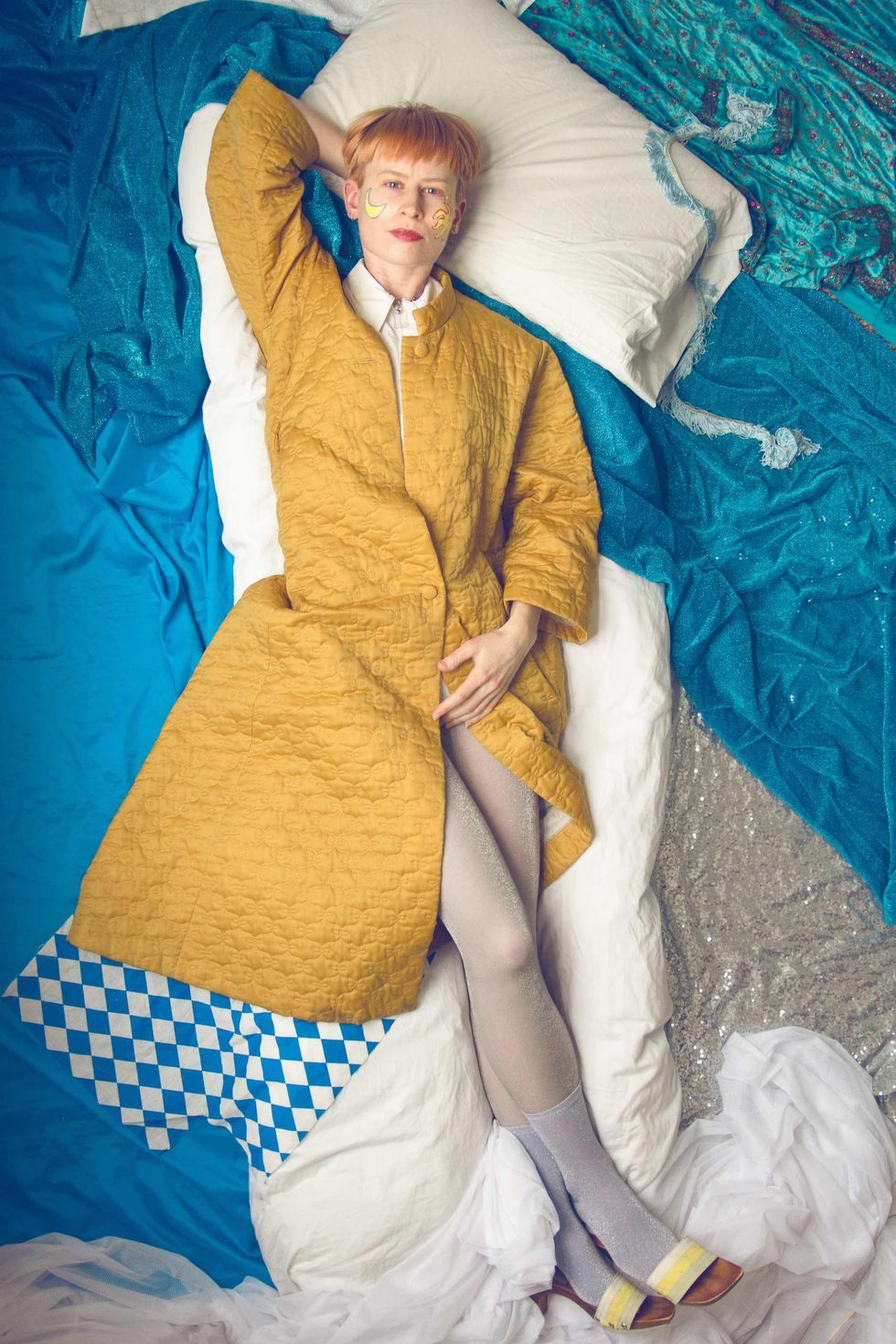















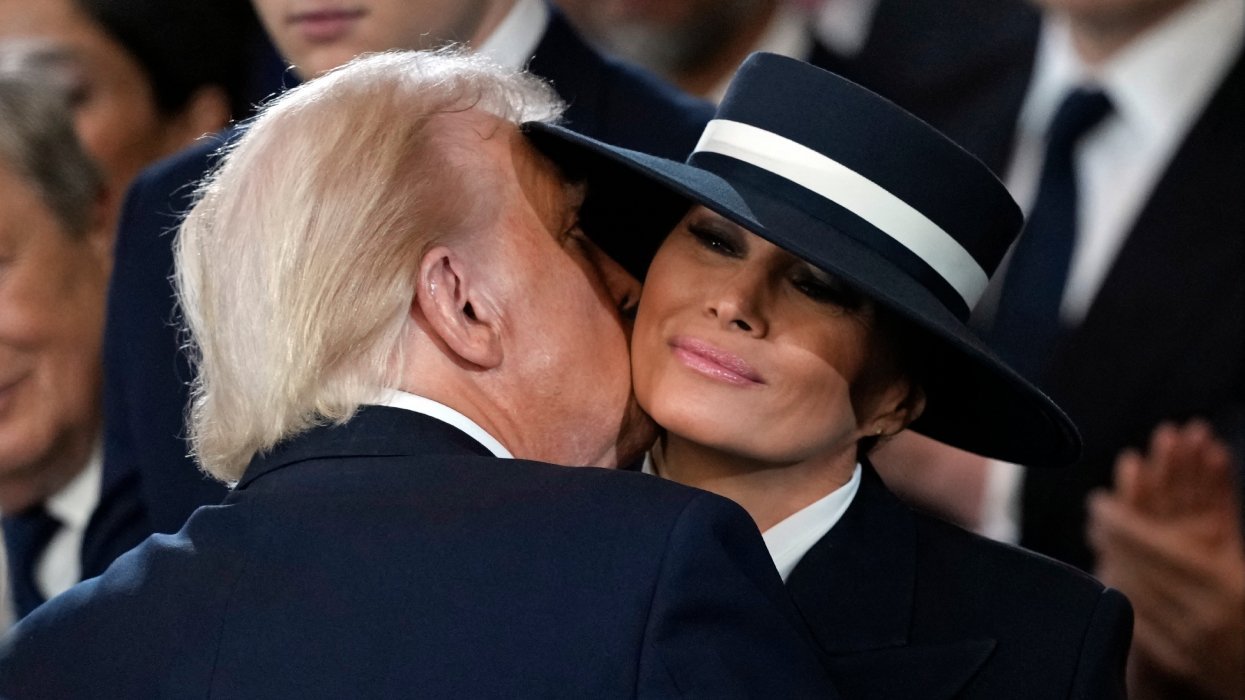


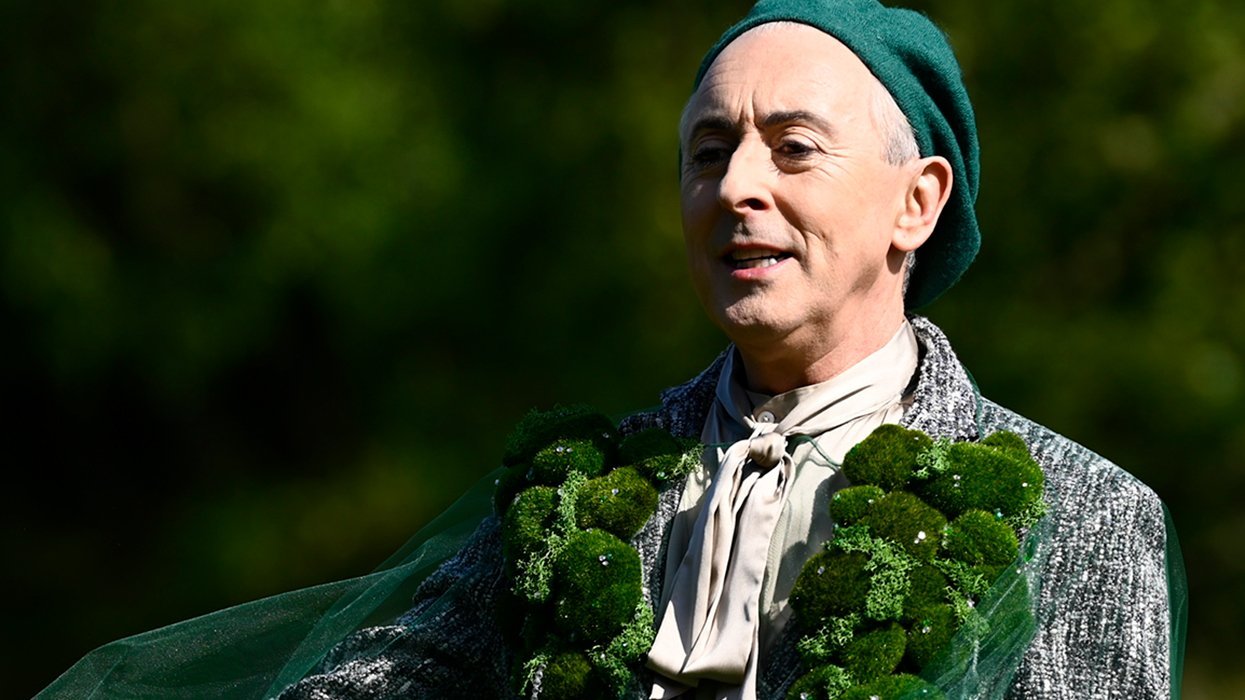
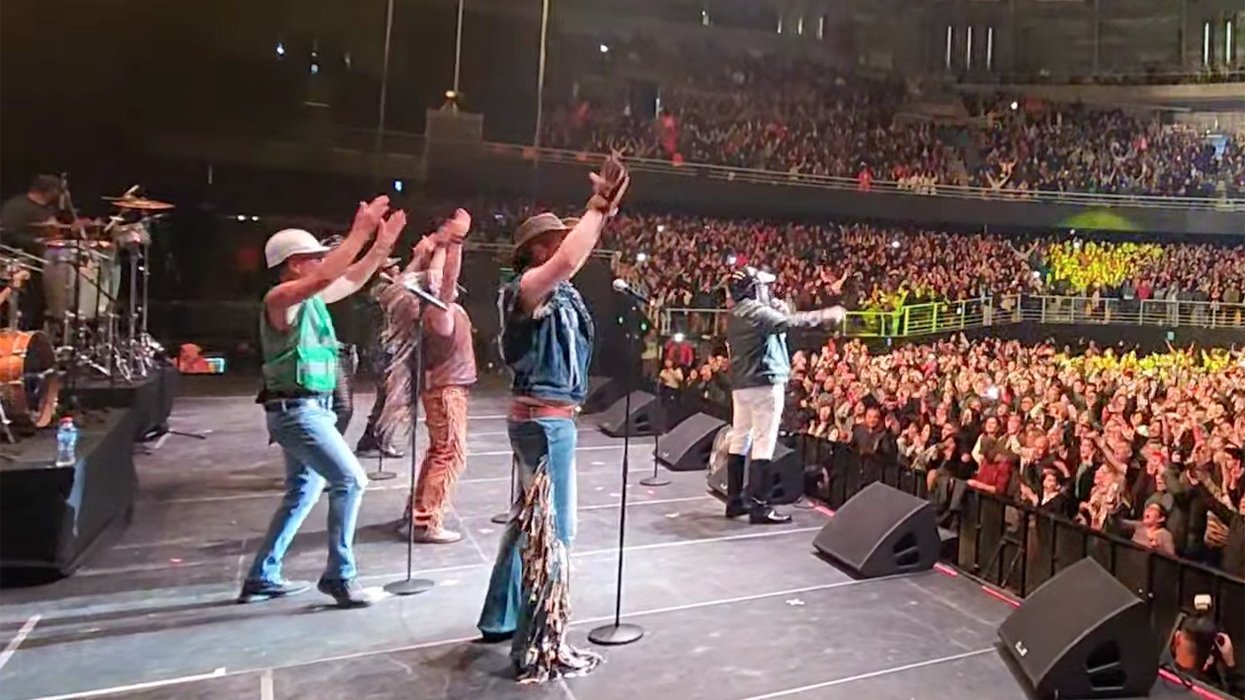
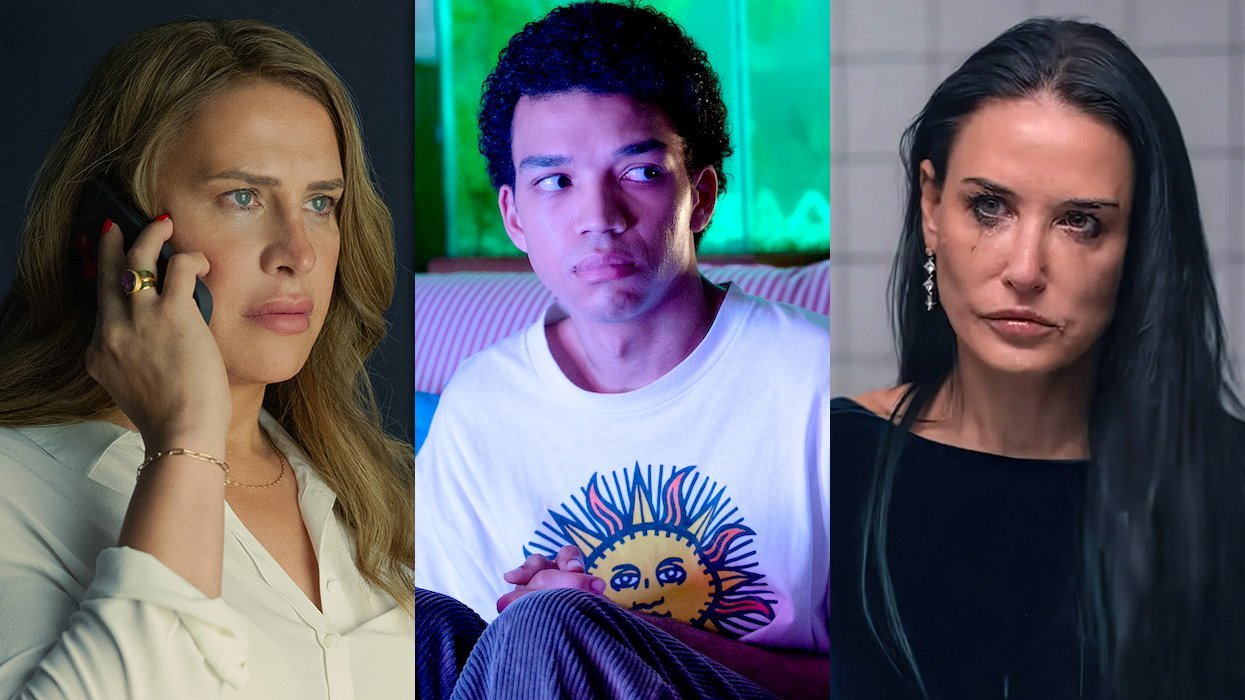
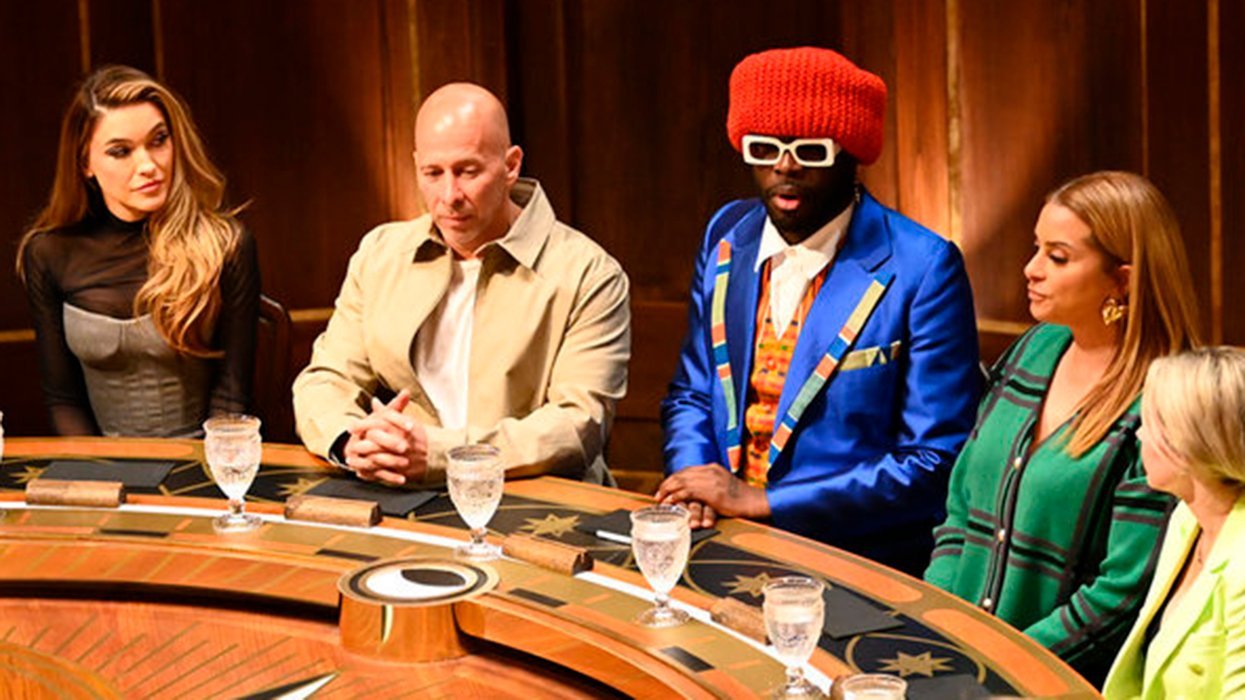
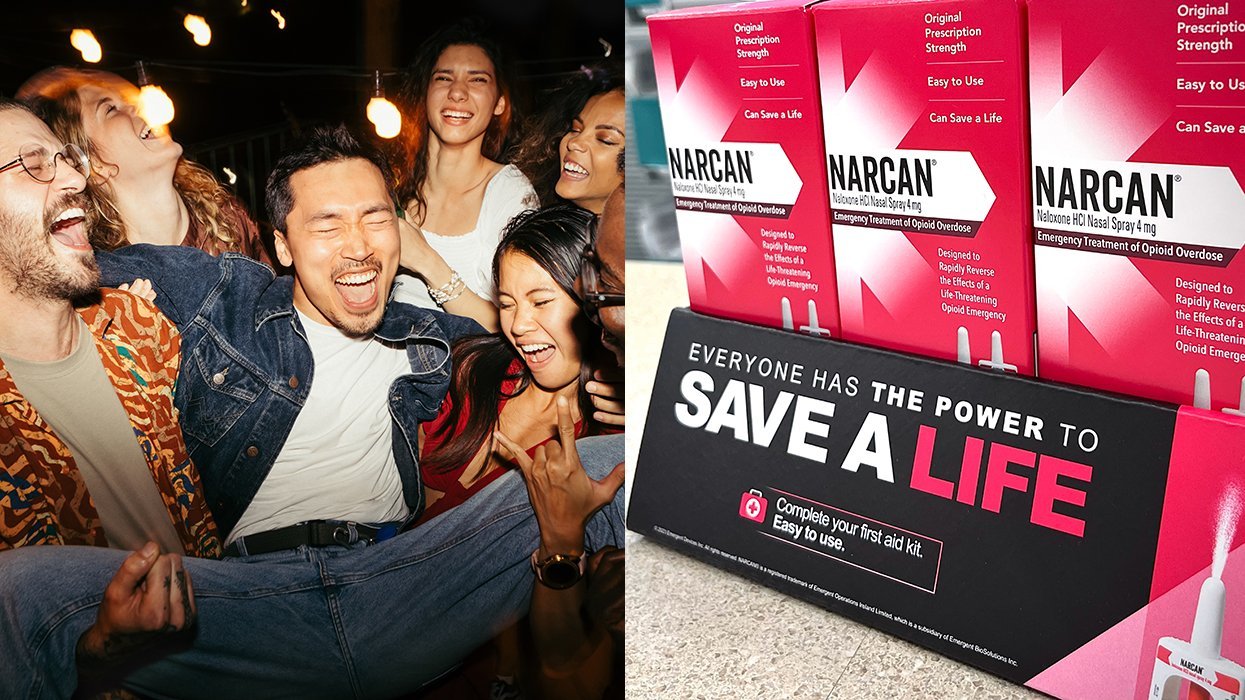
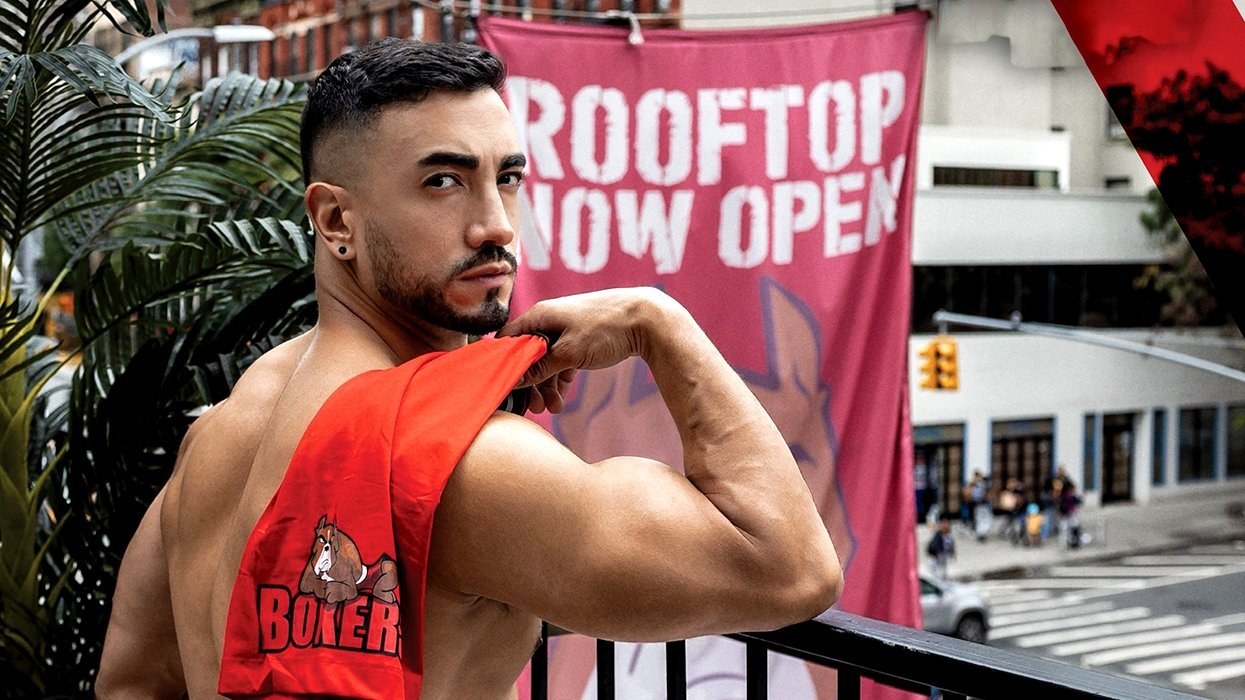
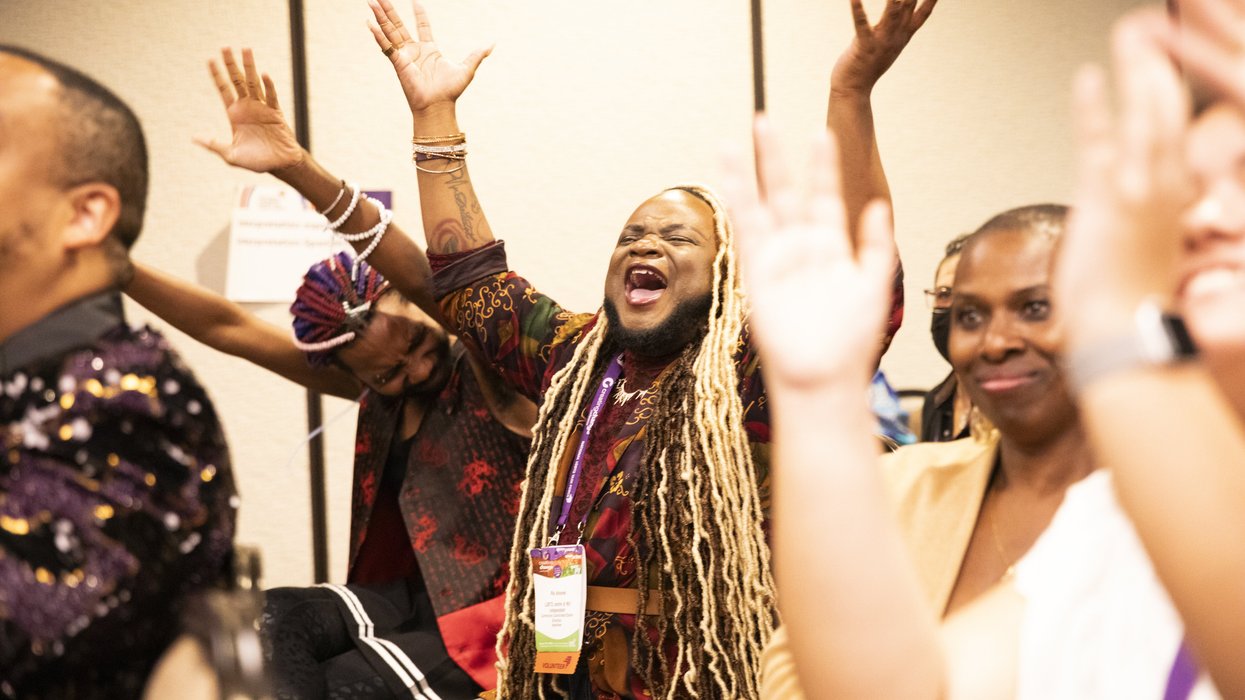
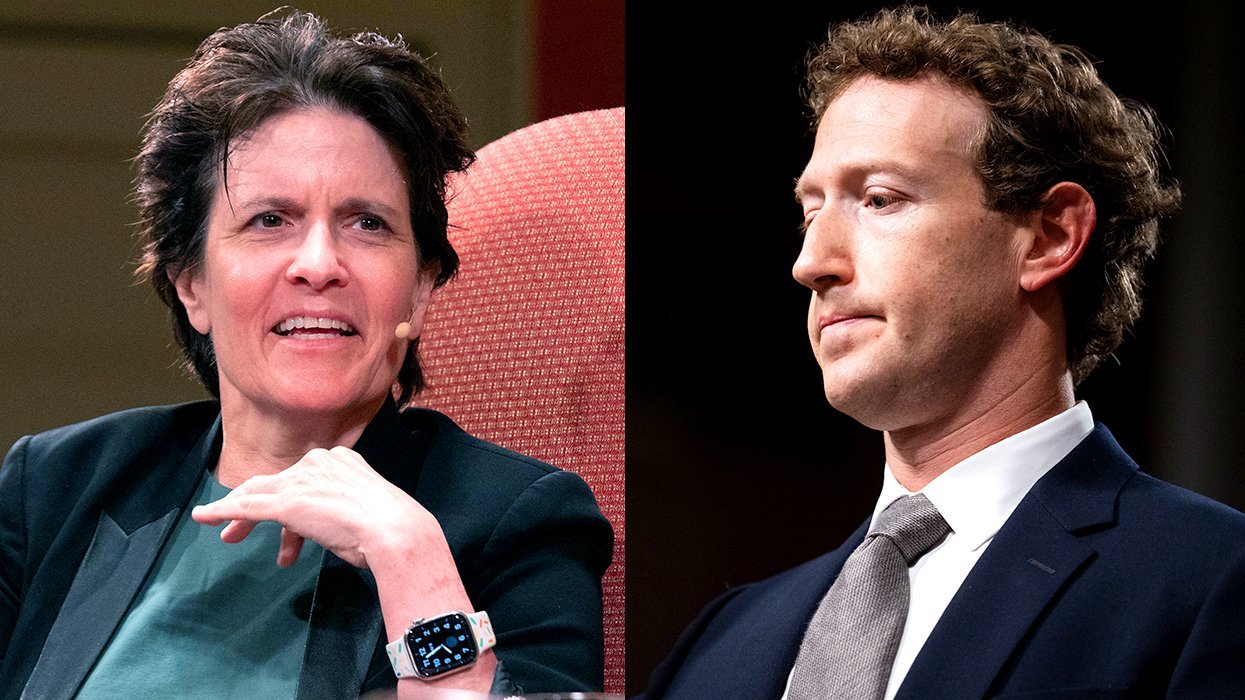
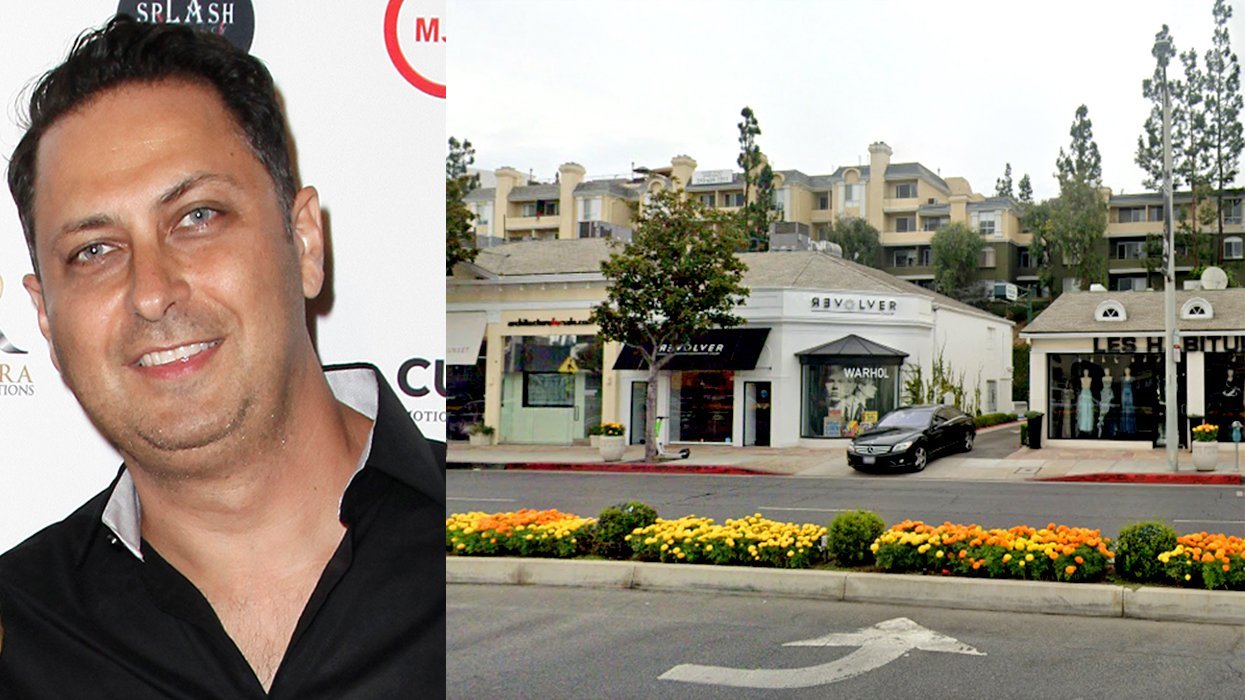
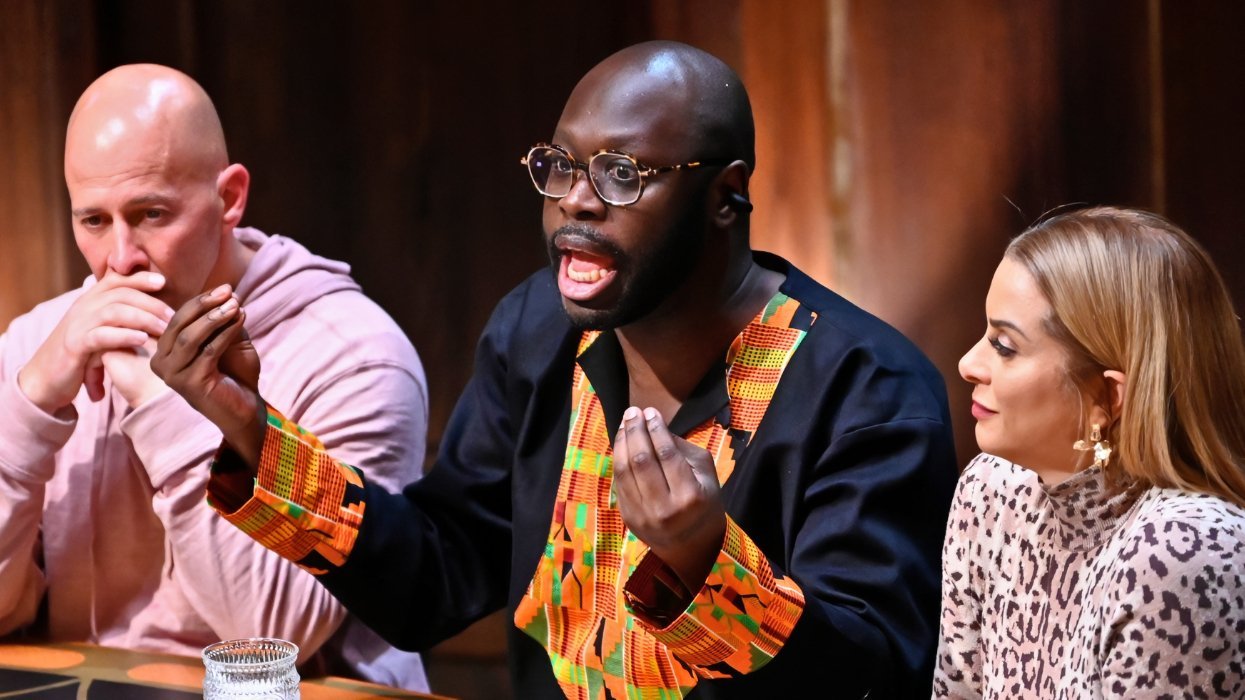
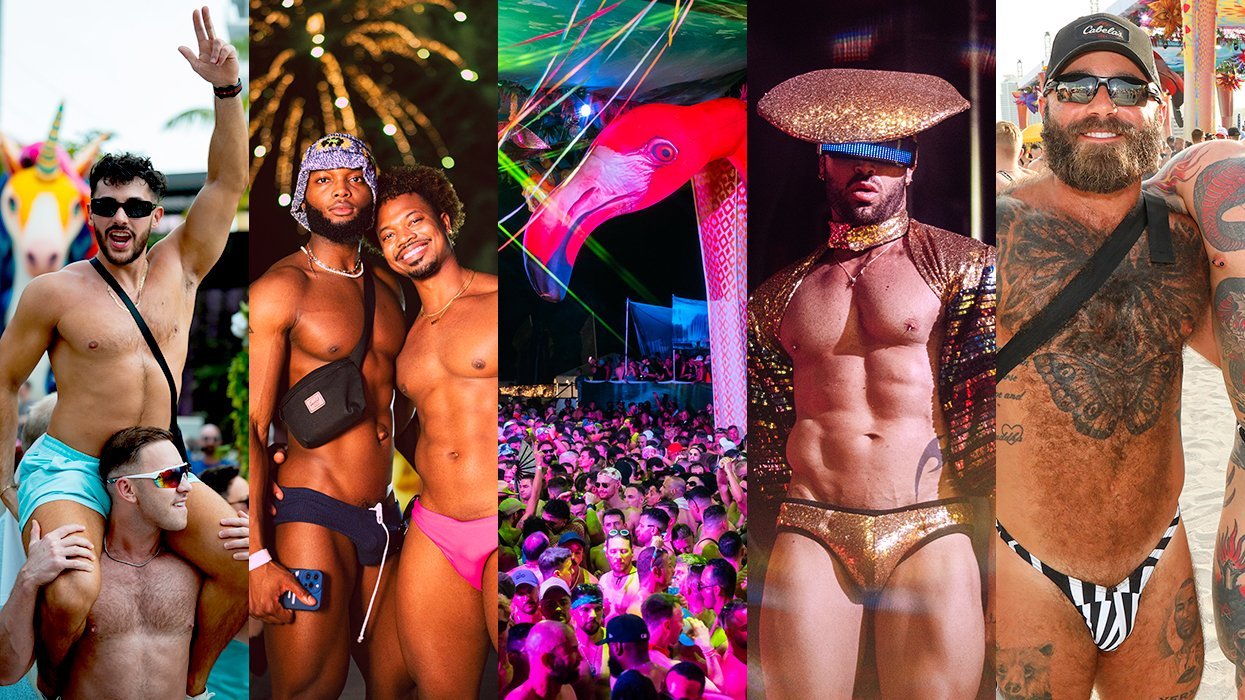


















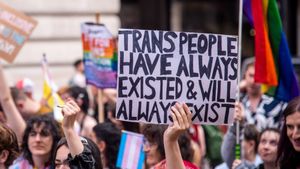

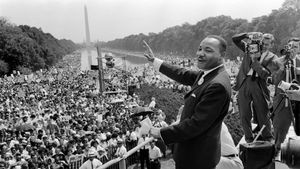


















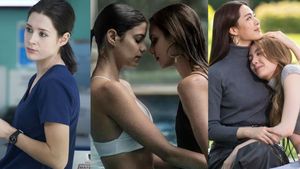

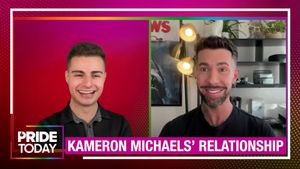









Beware of the Straightors: 'The Traitors' bros vs. the women and gays